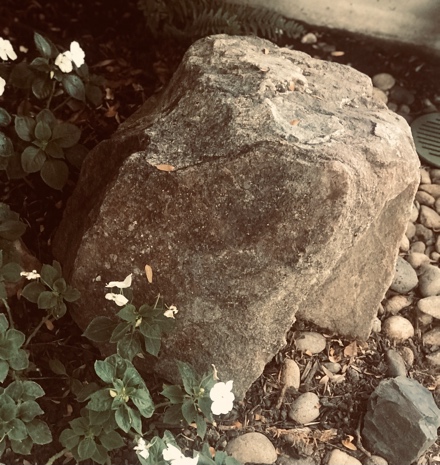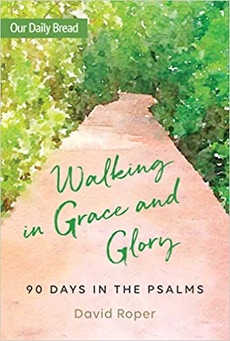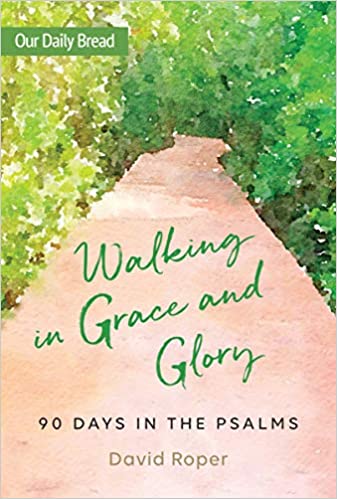“Remind them to be submissive to rulers and authorities, to be obedient, to be ready for every good work, to speak evil of no one,to avoid quarreling, to be gentle, and to show perfect courtesy toward all people” (Titus 3:1,2)
Seneca, the Stoic philosopher and contemporary of Jesus wrote, "You know what wine and liqueur taste like. It makes no difference whether a hundred or a thousand bottles pass through you, you are nothing more than a filter” (Moral Letters, 77.16).
Wine and strong drink are pleasurable for the moment, but are wasting assets, or so Seneca believed. They pass through us and on. (It's alimentary, my dear Watson.)
Jesus used the same logic to make another point: "Do you not see that whatever goes into the mouth passes into the stomach and is expelled? But what comes out of the mouth proceeds from the heart, and this defiles a person. For out of the heart come evil thoughts, murder, adultery, sexual immorality, theft, false witness, slander. These are what defile a person" (Matthew 15:18-20a).
I often chuckle at Jesus' perspicacity: His listeners would have expected "covetousness" as the final vice in the list for it was next in line and last in the Ten Commandments, seven of which he enumerated. Jesus surprised the crowd with “slander,” a peccadillo in their eyes. (Slander is “speaking evil” of others.)
Slander proceeds from the heart. Accordingly, it’s not what goes into my mouth that defiles and defines me, but what comes out of it. My words reveal the true condition of my soul.
Is it any wonder that Jesus' listeners were mortified (Matthew 15:12).
Here’s another thought…
Paul’s wrote: “Summing it all up, friends, I'd say you'll do best by filling your minds and meditating on things true, noble, reputable, authentic, compelling, gracious—the best, not the worst; the beautiful, not the ugly; things to praise, not things to curse” (Philippians 4:8 The Message).
It’s generally thought that Paul had abstract thought in mind (right thinking) and that may have been his intention. I wonder, however, given the context of the book, if Paul is not encouraging us to think about the “things” (behaviors) that we observe in others.
Rather than fixing our minds on the flaws we see in our brothers should we not think about their best actions—those that are “true, noble, reputable, authentic, compelling, gracious—the best, not the worst; the beautiful, not the ugly; things to praise, not things to curse?” Should we not think and speak of these things?
David Roper
9.20.21




